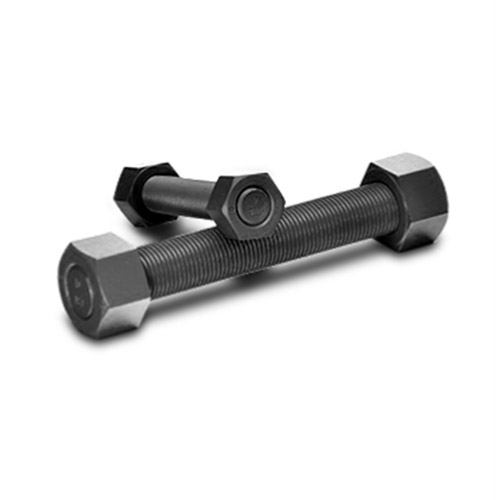Fuel Injector Return Line System and Maintenance Guide for Optimal Engine Performance
Hyd . 11, 2024 12:32 Back to list
Fuel Injector Return Line System and Maintenance Guide for Optimal Engine Performance
Understanding Fuel Injector Return Hoses An Essential Component of Engine Performance
Fuel systems in modern vehicles are intricate networks that play a critical role in engine performance and efficiency. Among the crucial components of this system is the fuel injector return hose. In this article, we will explore what fuel injector return hoses are, how they function, their importance, common issues, and maintenance tips.
What is a Fuel Injector Return Hose?
A fuel injector return hose is a crucial part of the fuel delivery system found in many gasoline and diesel engines. Its primary job is to transport excess fuel from the fuel injectors back to the fuel tank. Unlike the fuel supply line, which delivers fuel from the tank to the injectors, the return hose ensures that any fuel that isn’t used during the combustion process does not go to waste and instead returns to the tank for reuse.
The Function of Fuel Injector Return Hoses
Fuel injectors require a precise amount of fuel to operate efficiently. When the engine is running, it pressurizes the fuel to ensure an optimal spray pattern for combustion. However, not all of this fuel is consumed; some of it inevitably needs to be rerouted back to the tank. The fuel injector return hose serves this purpose, maintaining the right fuel pressure in the injectors and preventing flooding or inadequate combustion.
The return hose usually connects the fuel rail (where the injectors are located) to the fuel tank. It is often made from durable materials that can withstand various fuel types and the high-pressure environment of the engine compartment.
Importance of Fuel Injector Return Hoses
The significance of fuel injector return hoses extends beyond mere fuel recycling. They play an essential role in maintaining the overall functionality of the engine. Proper fuel return flow helps ensure consistent fuel pressure, promotes efficient combustion, and can lead to improved fuel economy. Additionally, the return hose impacts the emissions produced by the vehicle. A malfunctioning return hose can lead to excessive emissions, which may cause the vehicle to fail emissions testing.
Common Issues with Fuel Injector Return Hoses
fuel injector return hose

Like any automotive component, fuel injector return hoses can experience issues over time. Some common problems include
1. Cracking or Leaking Exposure to high temperatures and chemicals can cause the hose material to degrade, leading to cracks or leaks. This can result in fuel spilling onto hot engine components, creating fire hazards. 2. Blockages Dirt and debris can accumulate in the return line, restricting fuel flow back to the tank. This blockage can lead to increased fuel pressure in the injectors, causing poor engine performance and increased emissions.
3. Misrouting If the return hose is not properly installed, it can create unnecessary bends or kinks, leading to restricted flow and increased pressure.
Maintenance Tips for Fuel Injector Return Hoses
Preventive maintenance on fuel injector return hoses is crucial for ensuring the longevity and efficiency of your vehicle's fuel system. Here are a few tips
1. Regular Inspections Periodically check the condition of the return hoses for signs of wear, such as cracks, leaks, or soft spots. If you notice any degradation, it is essential to replace the hose promptly.
2. Keep it Clean Ensure that the fuel system is clean and free from contaminants that can cause blockages in the return line. Regular fuel system cleaning can help maintain optimal performance.
3. Professional Servicing When performing routine maintenance or repairs on your vehicle, make sure a qualified technician inspects the fuel injector return hose and associated components.
Conclusion
In summary, the fuel injector return hose may seem like a small component in the overall fuel delivery system, but it is vital for optimizing engine performance and efficiency. Understanding its role, common issues, and maintenance procedures can help vehicle owners ensure that their engines run smoothly and efficiently, ultimately contributing to better fuel economy and reduced emissions. Regular attention to this often-overlooked part of the fuel system can lead to significant long-term benefits in both performance and safety.
